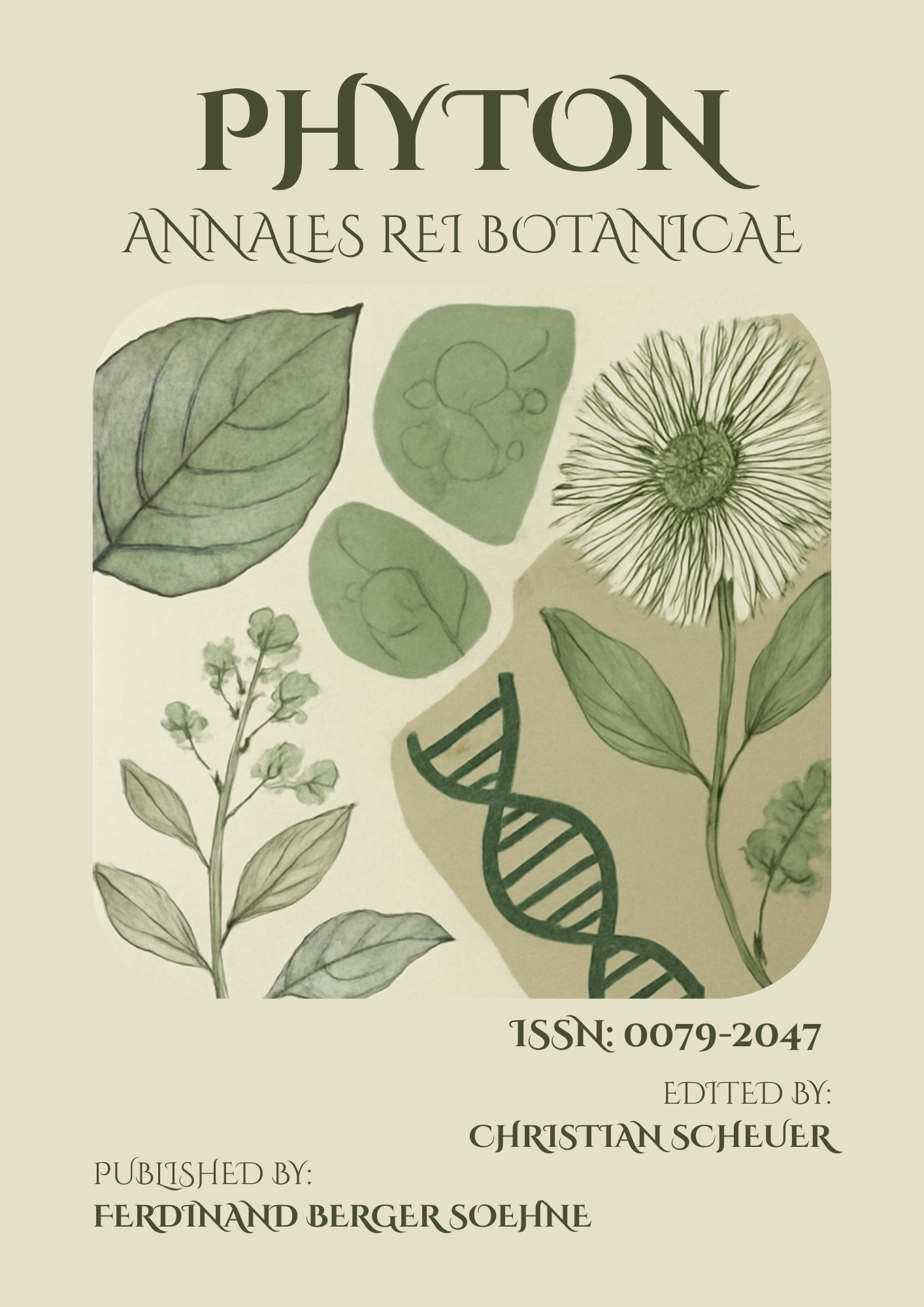Plant Pathology and Pest Management in Nigeria: Challenges, Innovations, and Sustainable Approaches
Keywords:
research and extension, agricultural productivity, crop varieties, eco-friendly pest control methodsAbstract
Plant diseases and pests remain major constraints to agricultural productivity in Nigeria, where over 70% of the population depends on farming for livelihood. The country’s tropical climate—characterized by high humidity and temperature—creates ideal conditions for pathogen proliferation and pest outbreaks. This paper examines the current status of plant pathology and pest management in Nigeria, emphasizing key crops such as cassava, maize, yam, and rice. It reviews common pathogens and pests, evaluates management practices, and explores sustainable approaches including biological control, integrated pest management (IPM), and the use of resistant crop varieties. Findings from literature and field reports reveal that despite progress in research and extension, pest management remains hindered by limited funding, weak policy enforcement, and farmer awareness gaps. The study recommends a shift toward eco-friendly pest control methods, local capacity building, and adoption of genomic tools for disease diagnosis and resistance breeding.
Downloads
Published
How to Cite
Issue
Section
License
Copyright (c) 2025 PHYTON-ANNALES REI BOTANICAE

This work is licensed under a Creative Commons Attribution-NonCommercial-ShareAlike 4.0 International License.
This article is published under the terms of the Creative Commons Attribution-NonCommercial-ShareAlike 4.0 International License (CC BY-NC-SA 4.0). Readers may share and adapt the material for non-commercial purposes, provided appropriate credit is given and adaptations are shared under the same license.


